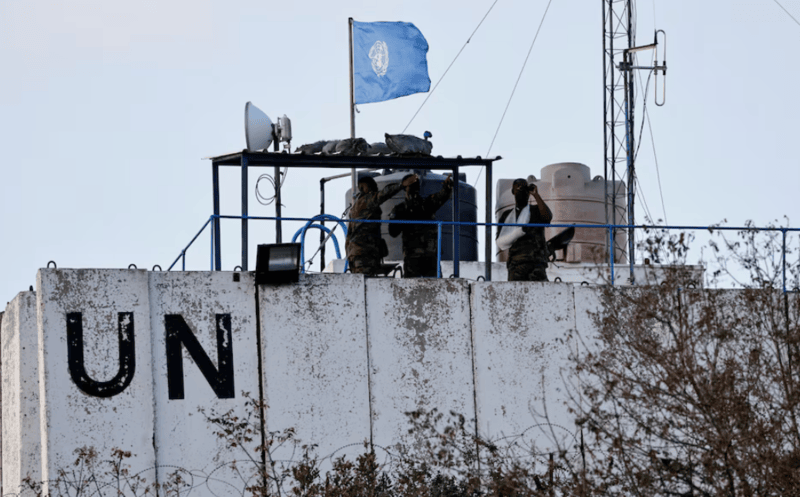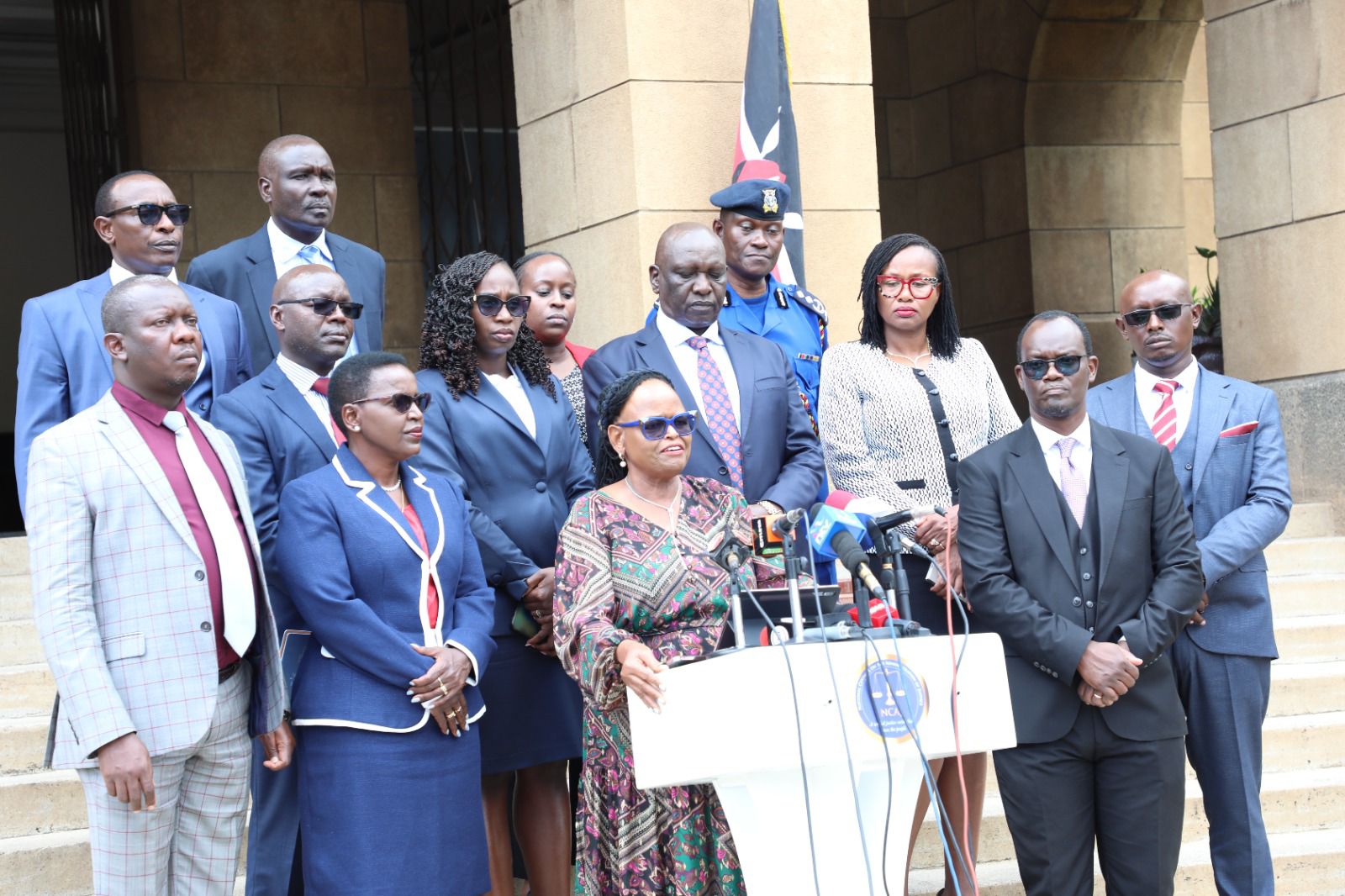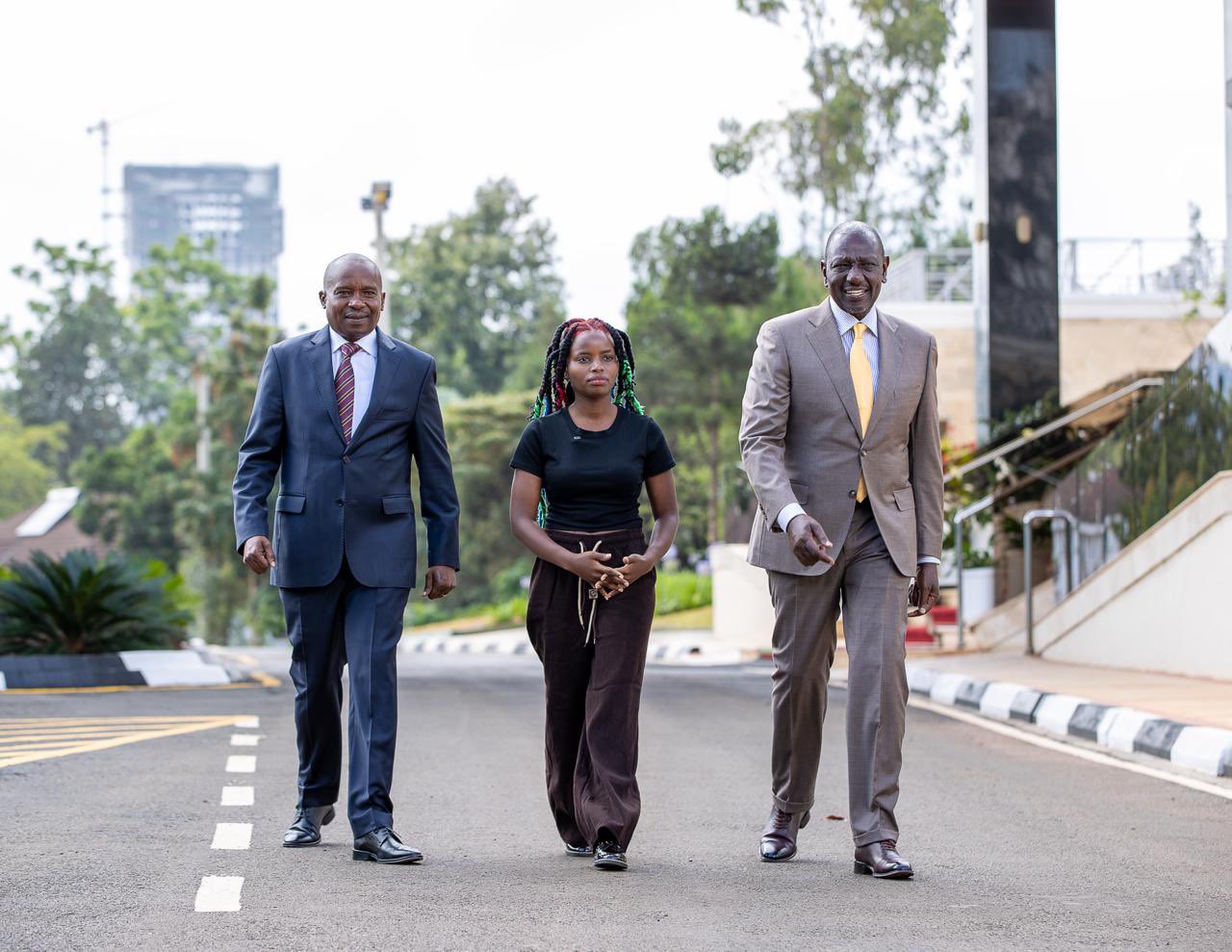Most of Lebanon's displacement shelters are full, UN says

Lebanese authorities say over 1.2 million Lebanese have been displaced and nearly 2,000 people killed since the resurgence of Israel's conflict with Lebanon's Hezbollah group over the last year
UN officials said on Friday most of Lebanon's nearly 900 shelters were full and that people fleeing Israeli military strikes were increasingly sleeping out in the open on the street or in public parks.
"Most of the nearly 900 government-established collective shelters in Lebanon have no more capacity," the U.N. refugee agency's Rula Amin told a Geneva press briefing.
More To Read
- UN Security Council adopts resolution to strengthen youth role in peace and security
- UN Security Council extends sanctions oversight on Al-Shabaab
- UN Security Council begins process to appoint next secretary-general
- UN decries ‘truly horrific’ massacres in DR Congo
- UN calls for legal safeguards for AI in healthcare
- ONLF accuses Ethiopia of breaching 2018 peace deal as Somali Region tensions rise
She said that they were working with local authorities to find more sites and that in the meantime some hotels and even Beirut nightclubs were opening their doors.
Lebanese authorities say over 1.2 million Lebanese have been displaced and nearly 2,000 people killed since the resurgence of Israel's conflict with Lebanon's Hezbollah group over the last year, most of them within the past two weeks.
"Roads are jammed with traffic, people are sleeping in public parks, on the street, the beach," said Mathieu Luciano, the International Organization for Migration's office head in Lebanon.
He confirmed that most shelters were full, including those in Beirut and Mount Lebanon, but said some others still had space. Many of the current shelters are schools, he said, meaning disruptions to education.
He voiced concern for tens of thousands of mostly female, live-in domestic workers in Lebanon whom he said were being "abandoned" by their employers.
"They don't have papers...and as a result, they are reluctant to seek humanitarian assistance because they fear that they may be arrested and they may be deported," he said. Many came from Egypt, Sudan and Sri Lanka, he said, and many could not speak local languages.
On Friday, Israeli strikes sealed off Lebanon's main border crossing with Syria, blocking the way for vehicles, although the UNHCR's Amin said that some were crossing on foot.
"We could see that some people were walking, desperate to flee Lebanon, and so they walked actually through that destroyed road," she said. Around 60% of the more than 185,000 Amin said had arrived so far in Syria were children and adolescents, sometimes without their parents.
"As they flee the bombings, families arrive with profound physical and emotional fatigue and huge needs for support."
Other Topics To Read
Top Stories Today
















































